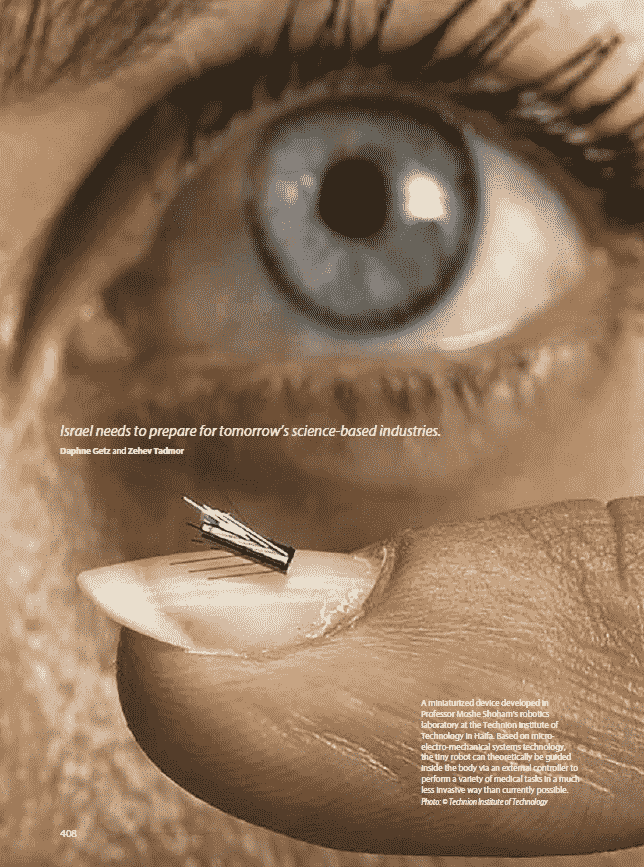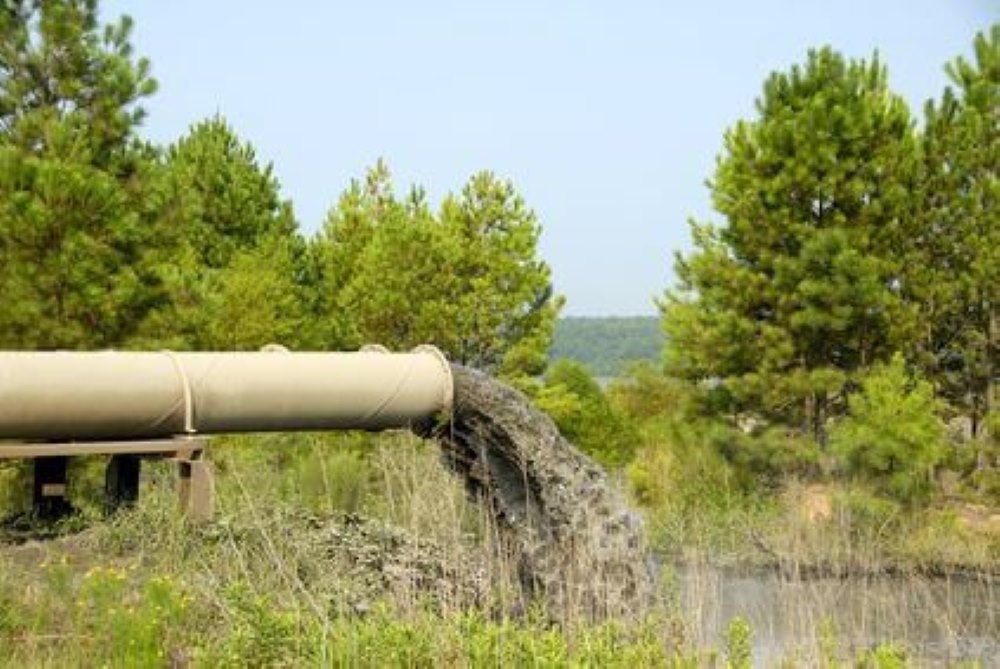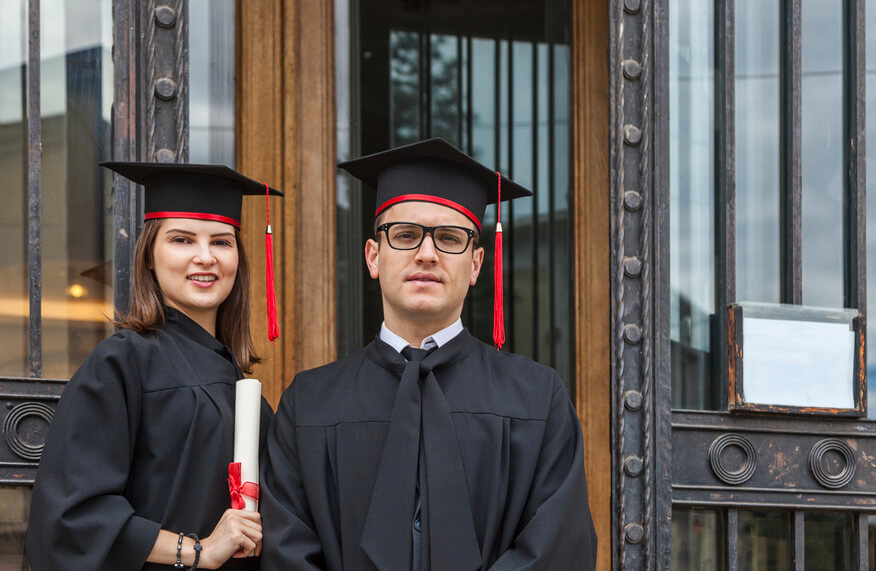Quality of Engineering/Scientific Research at The Technion and at Other Israeli Universities – A Global Comparison

The goal of this study, which was commissioned by the Technion and conducted at the S. Neaman Institute during 2005-2006, was to examine the level of engineering research at the Technion and at other Israeli universities in comparison to other countries, using objective tools. In addition, the study examined the methods which are being used for evaluating the impact that research has on the economy, industry, and society in Israel.
National Infrastructure in Israel – 2028

This national strategic plan integrates economic and social factors designed to meet the following mission statement: The State of Israel will be among the world’s ten to fifteen leading countries in terms of income per capita; it will strive for the good of all its citizens, their quality of life and the future of its young generation.
Strategies for Developing Employment Opportunities Among Arabs in Israel

This study identifies the main problems that are related to the development and employment of Arab society in Israel. Accordingly, the study proposes economic and spatial policies for development in Arab society.
Universities of The Future, Research and Science in Israel

The S. Neaman Institute is leading a movement for critical examination of the university of the future and higher education in Israel. In this context, in December 2004, the Institute sponsored an international scientific conference entitled “The Transition to a Mass Higher Education System – International Comparisons”, in cooperation with the United States-Israel Educational Fund, which manages the Fulbright Program for student and faculty exchanges, and the ISEF Fund.
UNESCO 2015:Science and Innovation in Israel

לבקשת אונסקו מד”ר דפנה גץ, נכתב ע”י מוסד שמואל נאמן, פרק לגבי מדע, טכנולוגיה וחדשנות (STI) בישראל. הפרק התפרסם במסגרת דו”ח אונסקו 2015 UNESCO Science Report.
National Environmental Priorities

One of the functions of the Samuel Neaman Institute is to bridge the gap between academia, industry and decision-makers by making applicable, up-to-date information and research-based knowledge accessible to state institutions. The documents of national priorities compiled at the Shmuel Ne’eman Institute deal with a variety of issues that are important to raise on the public agenda.
Evaluating the Technion Excellence Program

In recent years, there has been a growing demand that scientists make science accessible to the general public, to allow both the existence and advancement of a society that supports and promotes knowledge, and for receiving support and legitimacy from the public to conduct scientific research.
Israel’s SETI system – a series of studied by UNESCO on science, engineering, technology and innovation policy

The study was commissioned by the Israel Academy of Sciences and will be published in UNESCO’s series of studies on Science, Engineering, Technology, and Innovation (SETI) policies during 2015.
Israel’s Land Policy and Housing Prices Abstract – Summary of Pilot Study

SNI has taken on the challenge to examine the reasons for the increase in housing prices in Israel. Among other things, it was found that investing efforts to curb the high housing prices ignores the implications of the fact that only in Israel, unlike all other OECD countries, most of the land reserves are nationally owned.
Integrating the Ultra-Orthodox Population in the Israeli Economy

The Ultra-orthodox (U-O) Integration Project was inaugurated at the Samuel Neaman Institute in 2010, following the recommendations of the ”Israel 2028” Project. The goals of the UOI Project were to investigate the subject and provide recommendations as to how to enhance the participation of the U-O population in the labor market in Israel. During the last 5 years, the project team has produced a multitude of analyses on various aspects of the subject matter and has published numerous reports, which in turn had significant impact on the national policy in this area.
